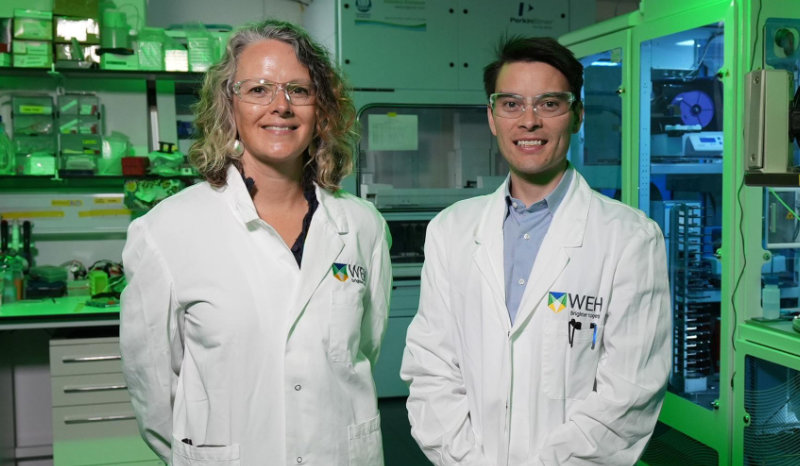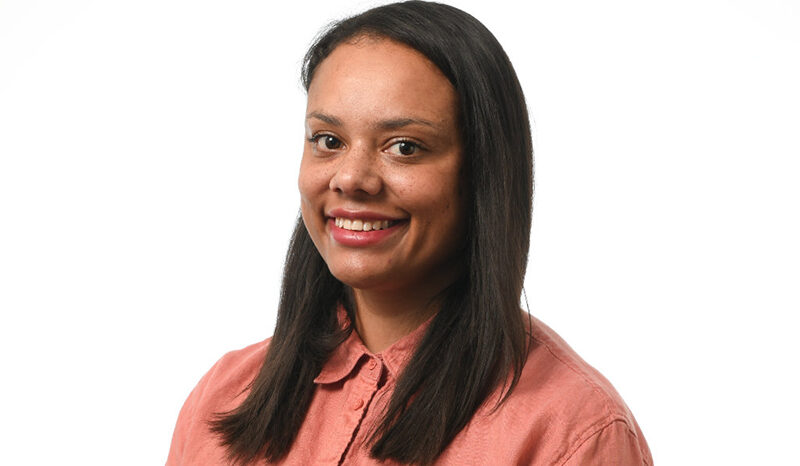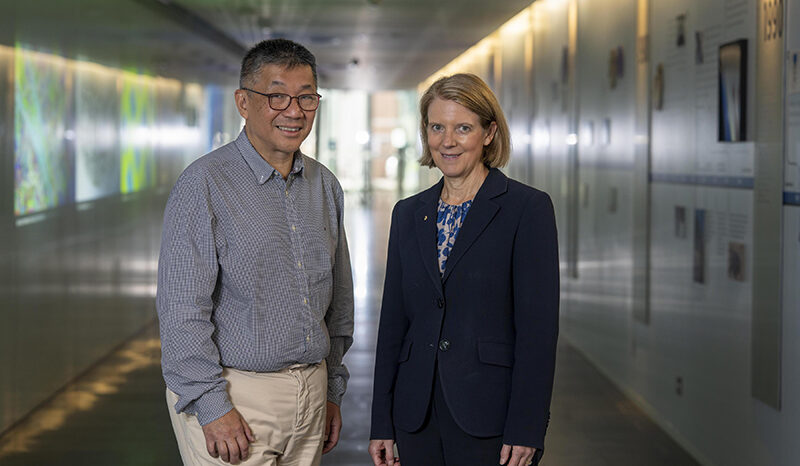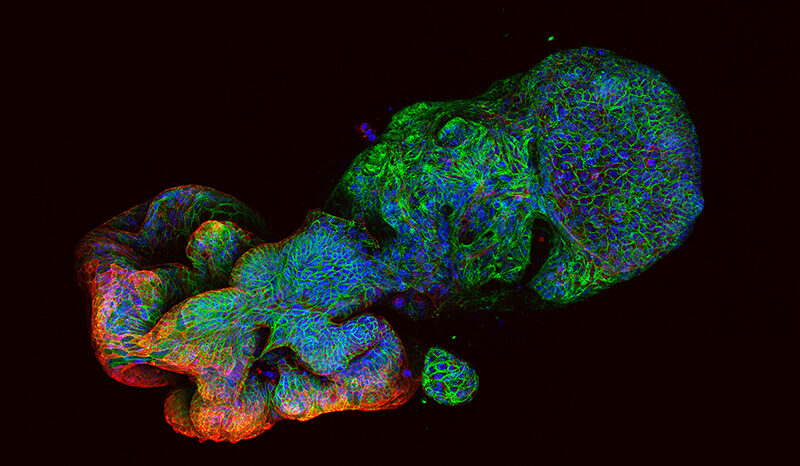The Victorian Government has provided a $25 million funding boost to enable greater access to genomic medicine for Victoria’s hospital patients.
Melbourne Genomics Health Alliance (Melbourne Genomics) received the four-year funding in last week’s Victorian state budget. The alliance brings together clinical, research and teaching strengths among Victoria’s leading hospitals and research organisations.
The funding for the Melbourne Genomics Health Alliance will see up to 2500 children and adults receive early diagnoses of their conditions, enabling them to receive treatment earlier and improve their health outcomes. This includes conditions such as epilepsy, leukaemia, cancers, childhood diseases and inherited neuropathies (disorders affecting the peripheral nervous system).
Melbourne Genomics program leader Associate Professor Clara Gaff said over the next four years the alliance would work to identify which patients can benefit from genome sequencing, as well as the optimal timing and circumstances for such testing.
“We will do this by offering genomic testing to targeted groups of patients, alongside usual approaches to diagnosis and care, and then evaluate the outcomes,” said Associate Professor Gaff. “From this work, we will be able to see where genomics has most benefit and how it can be best applied across the Victorian hospital system.”
Genomics is a rapidly advancing field worldwide, which examines an individual’s complete set of genetic information (the genome) to identify changes (variants) that may impact on health. Genomics offers enormous potential to improve diagnosis and provide more personalised treatment/management of medical conditions.
Dr Gareth Goodier, chair of the Executive Committee for Melbourne Genomics Health Alliance and chief executive of Melbourne Health said the alliance members were incredibly excited by the Victorian Government’s commitment.
“This funding will help the alliance fulfil its vision of transforming genomic medicine into everyday health care for the benefit of patients,” Dr Goodier said.
“Looking at what is being done across the world, we believe that a collaborative model is the best means to achieving the quickest and most effective transition to genomic medicine. We are lucky that, in Victoria, the healthcare sector is uniquely placed to find the best way to deliver genomic medicine for all Victorians.”
Associate Professor Gaff said the Melbourne Genomics trial project was an important initiative. “Our trial project last year showed that bringing together researchers with the latest advances, doctors with their clinical expertise and patients with their experience results in mutual learning and optimal ways to implement genomics for the benefit of everyone in healthcare,” she said.
“Creating the optimal system for Victoria also means educating health workers, being able to rapidly adopt the latest research into everyday practice, and ensuring that patients, doctors and researchers have access to good information when they need it.”
Walter and Eliza Hall Institute director Professor Doug Hilton said Melbourne Genomics was an important initiative for the future health of the community.
“Genomic medicine and personalised treatments are the future of healthcare globally,” Professor Hilton said. “It is wonderful that Victoria is leading the way nationally and internationally in preparing for this future by trialling genomic medicine initiatives with patients in Victorian hospitals to investigate how it could work effectively as a part of standard patient care.”
Melbourne Genomics Health Alliance is a collaboration between The Royal Melbourne Hospital, The University of Melbourne, The Royal Children’s Hospital, The Walter and Eliza Hall Institute, CSIRO, The Murdoch Childrens Research Institute, The Australian Genome Research Facility, Peter MacCallum Cancer Centre, Austin Health and Monash Health.
Other budget highlights for the health and medical sector included:
- $200 million for a Future Industries Fund to grow six key sectors important to Victoria’s future, including medical technology and pharmaceuticals;
- $60 million for a ‘start-up’ initiative to match entrepreneurs with our best ideas to get them off the ground; and
- $1.3 million for the Coordinating Office for Clinical Trial Research to lead pre-approvals for multi-site clinical trials in Victorian health services in order to streamline the process and attract more clinical trial activity to Victoria.
Further information
Liz Williams
Media and Publications Manager
M: +61 428 034 089
P: +61 3 9345 2928
E: williams@wehi.edu.au








